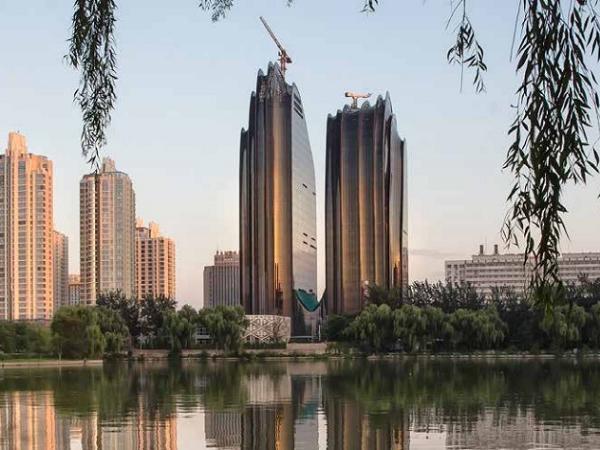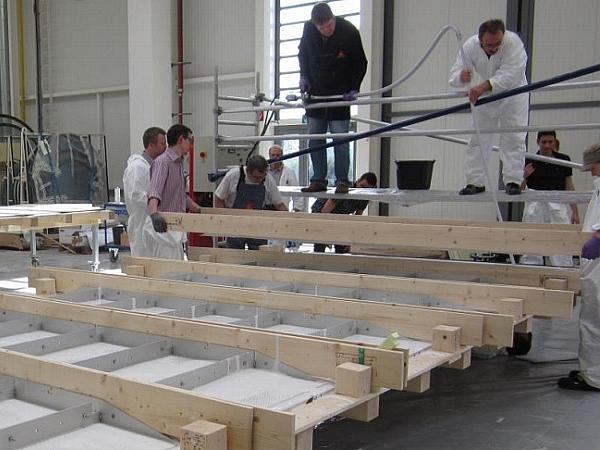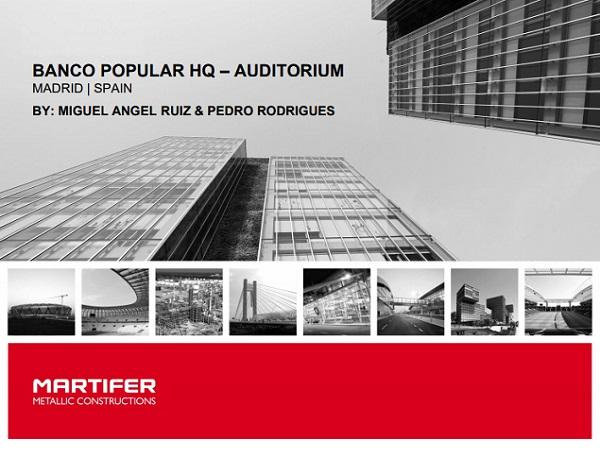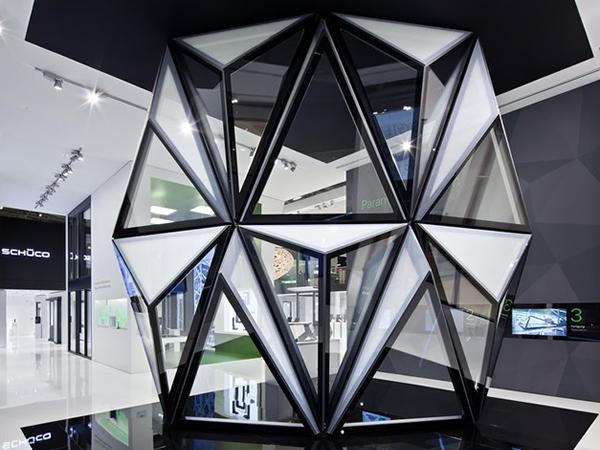Others also read
| Curtain wall design commonly uses insulating glass units for spandrel glazing to provide better visual harmony between vision and spandrel areas.
| In this paper, we present the workflow of design and construction of Chaoyang Park Plaza tower façade located in Beijing, China.
| Free-form cold-bent structural silicone glazed facades open the door to a new world of options for cost effective two-way curved and free-form shape facades.
| Vacuum Insulated Glazing (VIG) concept allows for a significant improvement of thermal insulation compared with the incumbent double-pane windows design.
| Vacuum Insulated Glazing (VIG) is a highly thermally insulating transparent flat panel that is constructed from two glass panes, separated by an evacuated sub-millimeter gap, and hermetically sealed around its perimeter.
| The vacuum insulating glazing (VIG) is a highly thermally insulating window technology that is thin in profile and light weight.
| Following a short overview outlining key design objectives, the fabrication process of an opaque composite glass panel is described in detail.
| Over the past few years London has enjoyed a building boom seeing a large number of developments particularly in the residential and commercial office sectors.
| Contemporary architectural transparency (understood as the optical property of the material) is constantly being redefined and, over the last decade, new design trends have developed related to transparent façades in architecture.
| The integration of smart glazing and adaptive façade in buildings can lead to large performance improvements and added functionality compared to conventional static building envelope systems.
| The performance of the glazed sections of the facade is essential for providing the maximum possible comfort for the building occupants, while minimizing the energy and resource demands of the building.
| The Correct Adaptation of IR Thermometers and Cameras to Different Applications
| The use of laminated glass in structural applications has become more recognized and preferred as a safer choice to monolithic tempered or heat strengthen glass.
| This paper proposes system concepts and fabrication methods for the use of ultra-thin glass in facades.
| Recently, the uniform load resistance of enamel coated glass plates has become a topic of interest with respect to proposed changes to ASTM E1300.
| As a manufacturer and supplier of monolithic, laminated and insulated glass panels, we often produce larger panels that must use heat-treated components, ionoplast interlayers and multi-layer assemblies.
| This paper demonstrates the feasibility of training machine learning algorithms on structural data and their potential application as a predictive tool in early stage design work.
| Laminated glass deteriorates with time when subject to different environmental conditions. In this work, the impact of different environmental conditions on post-fracture performance is investigated by means of through-crack tensile tests on small scale PVB laminates.
| A new design of structural glass application is presented, based on a horizontal self-bearing and pre-stressed glass solution.
| Façade transparency is becoming an increasingly significant design factor for both client and architect, which has aesthetic and comfort implications.
| Architectural preferences for commercial building continue towards increased transparency resulting in large lites of glass with minimal visual obstruction.
| In the last years contentions about anisotropies among customers and manufacturers occurred when using glass products, such as heat-strengthened (HS) or fully tempered glass (FT).
| In this paper local heat transfer of impinging small jets on surface heat transfer and residual stresses is studied.
| This document refers to a small explanation of the Auditorium execution process from the design and development of the technical solution, testing, manufacturing, to its final execution.
| For over two decades and following a century of efficient, functional and often orthogonal architecture, we are experiencing the extensive search for ever more complex building geometries and expressive architectural forms.

























